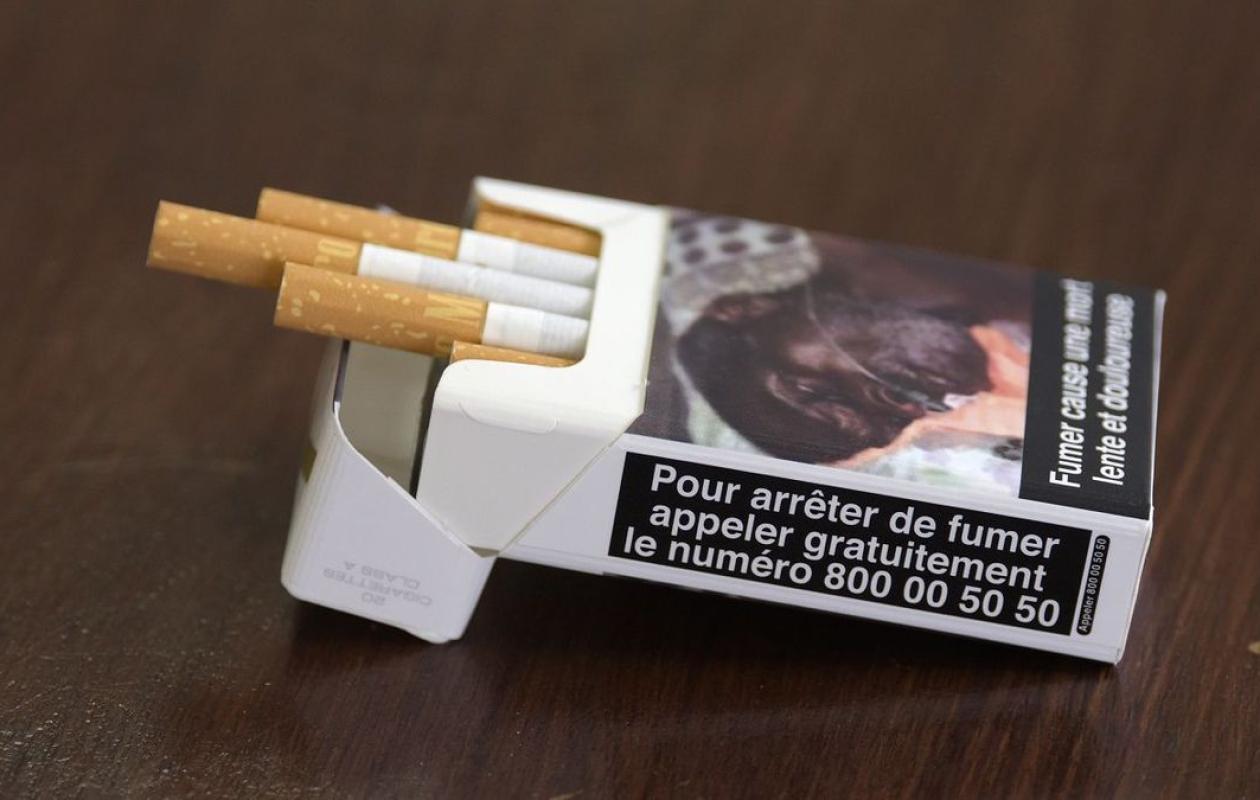
Dix ans d'impuissance : Le Sénégal reste prisonnier du tabac, l'OMS inquiète
Ten years after the first national survey, the new GATS-II (Global Adult Tobacco Survey) report reveals a face of smoking that is both familiar and worrying. Indeed, men still smoke a lot, women remain at risk, and laws, although robust, are struggling to gain traction. This is the finding of the GATS-II 2023 report, published on October 14 by the National Agency for Statistics and Demography (ANSD), which we reviewed.
Tobacco kills more than 8 million people worldwide each year, more than 70% of them in low- and middle-income countries. In Senegal, tobacco-related illnesses cost the national economy billions, far more than the tax revenue generated by its sale. Behind these figures lie shattered lives: lung cancer, heart attacks, strokes, and respiratory illnesses. The report emphasizes that tobacco is not just an individual problem, but a matter of public health and social justice.
There's a paradox in the figures in the GATS-II 2023 report. Senegal has had a tobacco control law since 2014, praised by health organizations such as the World Health Organization (WHO). However, smoking remains firmly entrenched. Approximately one in ten Senegalese adults still smokes.
Behind this figure lie significant disparities. Indeed, men are twenty times more likely to smoke than women, and urban areas far outstrip rural areas. "Cigarettes remain a social marker, a gesture of virility or relaxation. In some professions, not smoking is almost out of step," the report states.
The GATS-II survey, conducted in 2023 on a representative sample of thousands of adults, is the second of its kind in Senegal, after the one in 2013. It is part of a global effort led by the WHO to monitor commitments made under the Framework Convention on Tobacco Control. And the finding is clear: the war on cigarettes is far from won.
In Senegal, tobacco is primarily a male business. While the proportion of female smokers remains low, researchers note a discreet but steady increase in urban areas. This trend is driven by a formidable marketing strategy: "slim" cigarettes, sweet flavors, pastel packaging, and disguised advertising campaigns on social media.
"The tobacco industry is now targeting young women, associating cigarettes with freedom and modernity. This is a well-orchestrated psychological manipulation," warns the Senegalese League Against Tobacco (LISTAB).
Young adults, particularly those aged 18 to 34, are the most vulnerable group. For many, smoking begins as a "try-it-out" and quickly becomes a habit.
The GATS-II report raises the alarm about passive exposure: millions of non-smoking Senegalese are exposed to tobacco smoke every day, whether in homes, offices, or on public transportation. Women and children are the most affected.
In four out of ten households, smoking is still practiced indoors. A habit that transforms the home into a "domestic gas chamber," in the words of a doctor in Pikine. "Children of smokers inhale hundreds of toxic substances, including nicotine, even if they have never touched a cigarette," the report points out.
The addiction is still persistent. Half of smokers want to quit, and a quarter have even tried to do so in the past year. But the desire is hampered by a lack of support.
The means to achieve this remain derisory:
"Smokers don't lack willpower, they lack support," notes a tobacco specialist at Fann University Hospital.
On paper, Senegal's anti-smoking laws are exemplary (ban on smoking in public places, ban on advertising, warnings on packages). But in practice, compliance with the bans remains haphazard.
"The regulations are good, but they're gathering dust," summarizes a hygiene inspector. Inspections are rare, sanctions are almost nonexistent, and tobacco smuggling is flooding the market with non-compliant products. The ANSD is calling for a surge in rigor and consistency.
Furthermore, the report points out that taxation remains the most effective weapon. However, the price of cigarettes remains affordable. The WHO recommends a tax rate of at least 75% of the retail price; Senegal is not there yet. Increasing taxes, indexing prices to inflation, and strengthening traceability are key recommendations of GATS-II.
Despite the fact that more than 90% of respondents are aware of the risks of smoking, the practice continues to be trivialized. Experts are calling for a reinvention of communication.
To reverse the trend, the report proposes a clear roadmap:
"Senegal has the tools to reverse this trend. The question is no longer whether we should act, but how far we are willing to go to protect our citizens," the report concludes.
Commentaires (1)
Participer à la Discussion
Règles de la communauté :
💡 Astuce : Utilisez des emojis depuis votre téléphone ou le module emoji ci-dessous. Cliquez sur GIF pour ajouter un GIF animé. Collez un lien X/Twitter, TikTok ou Instagram pour l'afficher automatiquement.